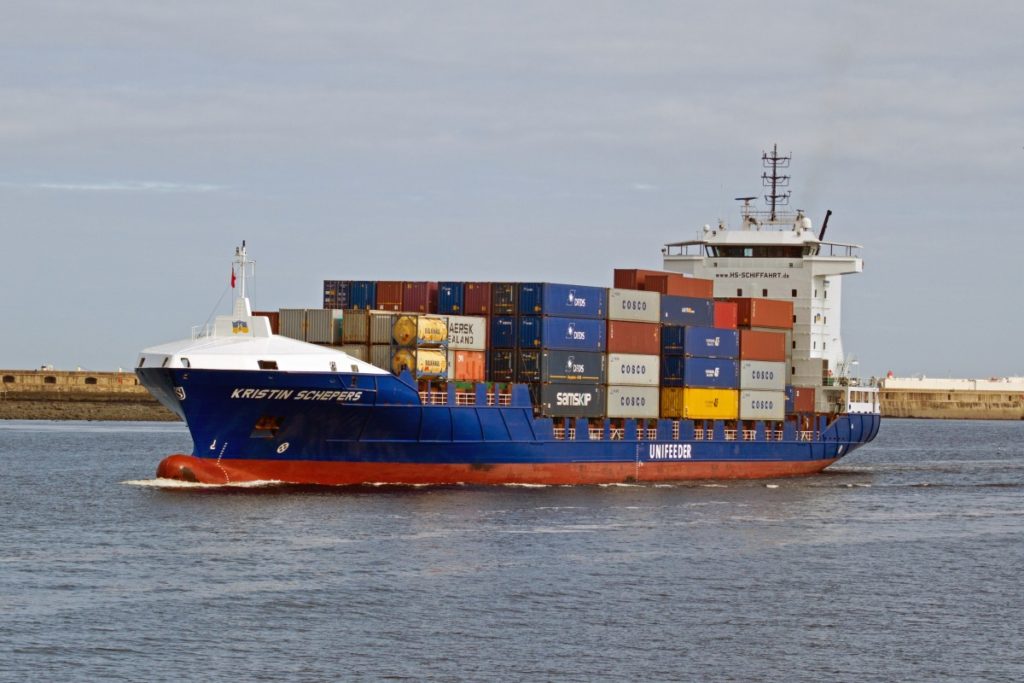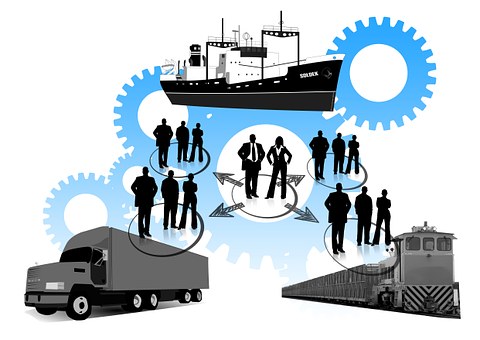If a company wants to be efficient in road freight forwarding, it must be aware of the sector’s specificities. There are many ways to carry out freight transport. However, to gain profitability, choosing the right carrier is fundamental, and this is what will determine the success of your business.
Definition of road chartering
Road charter means the action of using a carrier to carry out road transport of goods. Within the framework of this transport, the goods are called freight. During road chartering, the sender sends his goods to the recipient via an intermediary. The latter transports the cargo with his vehicles and makes sure that the goods are transported in good conditions.
Means of road chartering
Road transport or road charter can be set up in different ways. The question at the heart of this activity is the connection between a transport charterer on the one hand and a carrier on the other.
Direct contact using traditional methods
Although this is not the most efficient way, it is what could be called “traditional.” Indirect contact, the charterer directly contacts the carrier(s) required for the transport. Exchanges are made by e-mail, telephone, or fax, often using Excel spreadsheets or Word documents.
To do so, he can contact a road transport company in his region or his professional network. Nevertheless, this exchange mode is time-consuming and not very relevant, given the solutions that exist today. New, much more efficient methods are available.
Freight exchanges

A freight exchange is an online platform. The purpose of these exchanges is to bring together charterers and carriers. It’s a win-win system. For the charterer, it is the possibility to compare prices and to compete between different providers. It is then straightforward to find an international or national road transport provider that meets his needs.
For the hauler, the platform makes sure that he can easily find customers. As a result, the chances of emptying vehicles are drastically reduced.
Forwarding agents
Freight forwarders are experts in chartering. A client calls on them when he wishes to delegate the management of the transport of goods. This is easily explained by the complexity of the logistics processes, especially for import-export companies.
Indeed, internationally, the goods and their transport require adequate knowledge of different countries’ legislation. It is also necessary to know the advantages and disadvantages of using the various existing modes of transportation. This is where freight forwarders come into play. They are qualified professionals who know how to optimize the transport of freight on behalf of their clients. Whether we are talking about road, air, rail, or waterway transport, they master all aspects of logistics.
TMS or chartering software
Most logistics transport companies use chartering software. The best known are the Transport Management System or TMS. These digital solutions allow centralizing information, exchanging data with carriers, and greatly simplify supply chain management.
Indeed, with software, it is, for example, easier to make partial or complete batch transports. The information is centralized and can be quickly retrieved, thanks to these software solutions. In this way, the professional always knows what is in the trucks, and it is then possible to organize himself more efficiently.
In addition to the TMS solution, there are chartering solutions making it possible to set up your private freight exchange. Thus, it becomes possible to create and manage your entire network of service providers via the solution and add new ones. The interest is to automate and simplify all time-consuming tasks: requests for quotation, comparison of service providers’ offers, etc…
How to choose the right carrier?
It is necessary to choose your carrier carefully to avoid unpleasant surprises. First of all, make sure that the carrier will transport the freight himself. Indeed, the more the intermediaries are numerous, the more the risks for the goods increase. Then, it will be necessary to check several points which depend partly on your specific needs in terms of logistics :
Does the carrier make express deliveries?
- What is the average delivery time?
- What is the carrier’s customer satisfaction rate?
Does this carrier handle the transport of dangerous goods, medicines, or foodstuffs?
Finally, regardless of the load carrier, transport chartering requires guarantees. Therefore, ask about the type of insurance offered. The minimum insurance coverage is capped per kilogram and per package. It may be preferable to take an ad valorem insurance if the goods transported are expensive.
Specific regulations for road chartering.
The regulatory aspect should not be neglected to ensure that freight transport occurs in the best conditions. First of all, a certain number of documents must be obligatorily present in the vehicle in case of control:
- Driver’s documents (driving license, training certificate, etc.)
- Vehicle documents (vehicle registration document, insurance certificate, etc.)
- The invoice related to the transported goods
- Customs documents if applicable
Of course, the documents differ if the charter concerns national transport and transport within the American or outside territories.
If you are transporting goods, you will have to make sure that the rules concerning the maximum weekly working time and resting period necessary for the road drivers’ health and other road users’ safety.
Hope this post helps you decide on your freight forwarding agent. Remember to share your experience in the section below.

